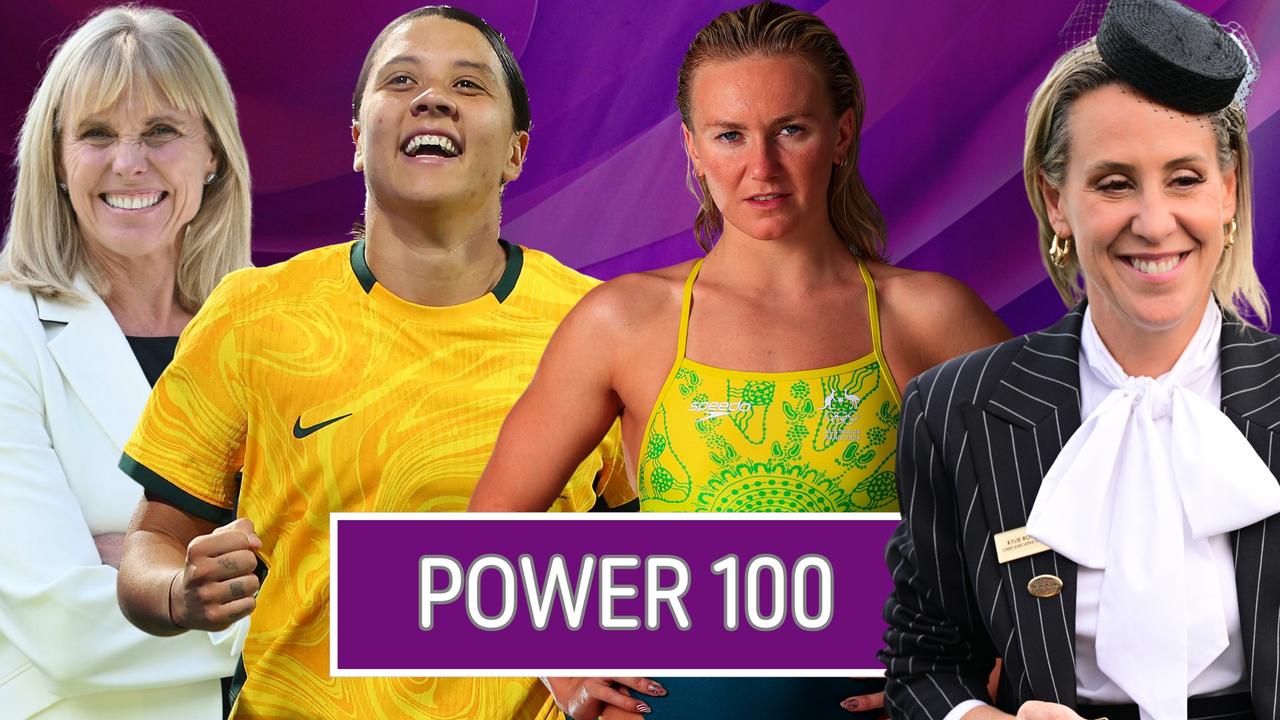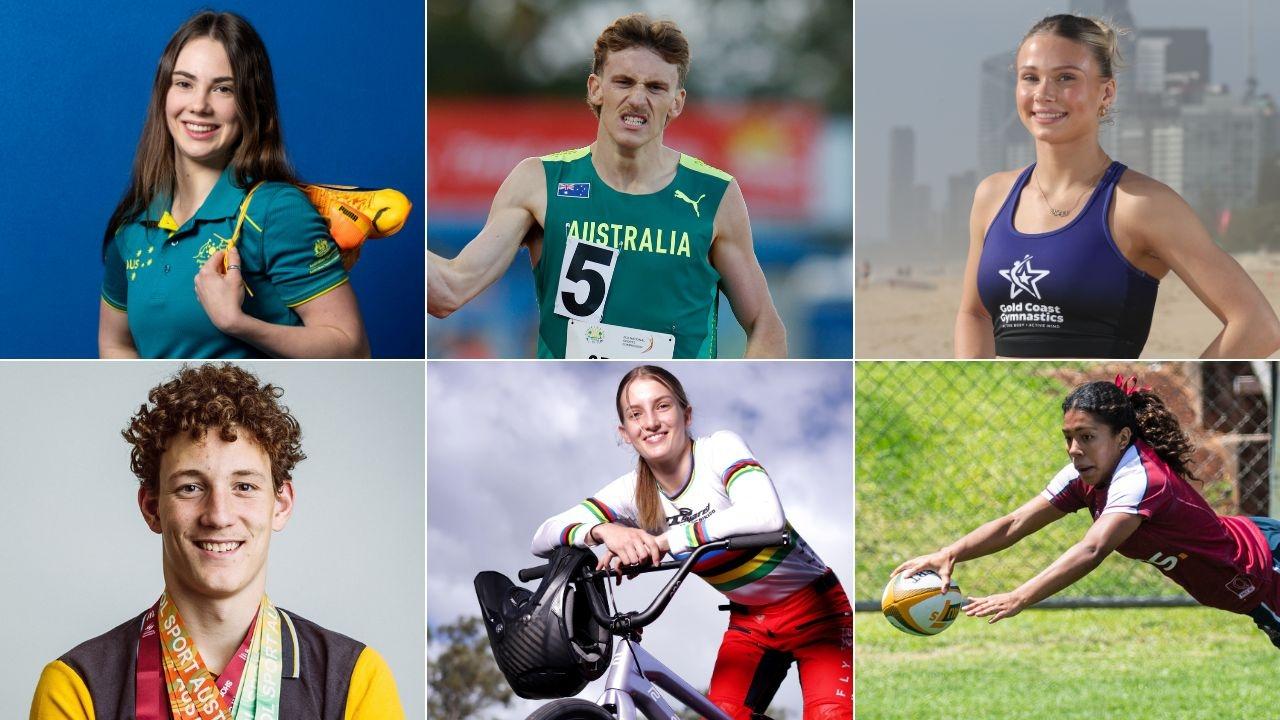‘It’s different’: Swim champ’s message to Aussies in golden 50-second mission
As sports fans come down from the high of the Olympics, an Aussie swim star has a message for them as he chases a historic milestone.
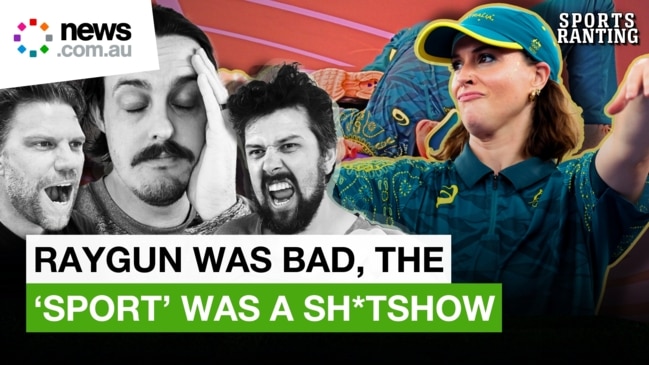
Paralympics
Don't miss out on the headlines from Paralympics. Followed categories will be added to My News.
Cameron McEvoy was crowned the fastest man in the pool in Paris, now another Aussie wants to make swimming sprinting history at the Paralympic Games.
Rowan Crothers is a senior member of Australia’s Paralympic swimming team heading to Paris where the Aussies will be chasing more gold and glory in the pool when their campaign begins on August 29.
Crothers debuted a decade ago at the 2014 Commonwealth Games and is heading to his third Olympics with one goal in mind — become the first man with a disability to swim the 100m freestyle in less than 50 seconds.
“My current PB in the 100m is 50.70sec,” Crothers told news.com.au.
“The world record for my classification is 50.64 and the fastest anyone with a disability has gone is around that mark.
Crothers, who has cerebral-palsy and competes in the S10 category, won gold in the 50m freestyle and silver in the 100m in Tokyo. He wants to go one better over two laps in Paris.
“I’m definitely focusing a lot more on the 100m freestyle this time around,” the 26-year-old said.
“It would be pretty special to win gold but it’s not my main motivation. I can’t control the bloke next to me swimming even faster. My focus is all around putting together the best race I can and hopefully to break 50-second barrier in the 100m freestyle.
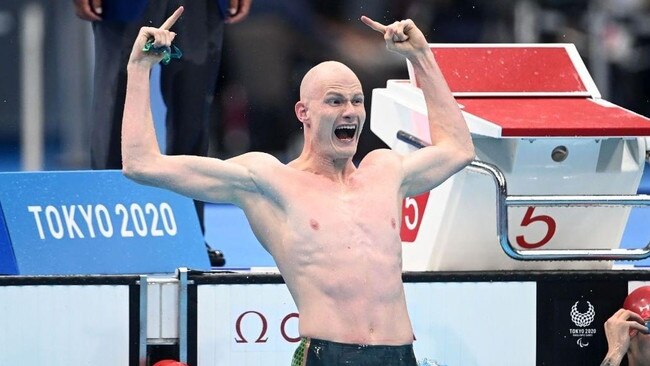
“We’re getting close but I don’t want to focus on breaking records just because someone else has done it.
“This big barrier of this 50 seconds to me and why it is so special and means so much for me, isn’t because no one else has done it before. I see it as a kind of a symbol of all the incredible support I’ve received throughout my life to now working in a world class team of sport scientists and swimming coaches and strength and conditioning experts.
“I think if I can crack this barrier, it actually says amazing things about what all people with disability can achieve if we do work towards breaking the barriers we face in life.
“I don’t focus on being the fastest because then I’m thinking about how fast the next guy is.
“What I love about that pure element sport is seeing how fast I can go for myself. The better the process is and the better I execute, the faster the time.
“If I just focus on being the fastest and that’s it, I’m not thinking as much about how to be faster.”
Crothers said being fit enough not to fade at the end of 100m is key to swimming a fast time.
“My disability cerebral palsy comes in with co-ordination particularly around my legs, hips and lower body.
“When I get fatigued and my disability is worse, it doesn’t matter how strong I am if I can’t control what my body is doing.
“We do a lot of focus on that sprint and power element, but make sure I’m fit enough that I don’t hit that wall of fatigue halfway through the race, because I’ll slow down too much in the last 10-15m.”

If Crothers wins gold in Paris, it would cap a superb month for Australia’s sprint freestylers.
McEvoy became the first Australian man to win a medal in the 50m freestyle at the Olympics when he flew through the water in Paris.
The 30-year-old has broken the mould, swimming less kilometres and using strength training, rock-climbing and callisthenics as part of a revolutionary regime.
“Cam’s approach to sprint freestyle right now is something quite incredible,” Crothers said.
“He’s taken what everyone else does and turned it on its head and said ‘I think there is a better way to do things’.
“Everyone is different, let alone once you introduce disability. There’s no one size fits all approach towards training. You have to be so creative to find what the best way forward is for any athlete with disability.”
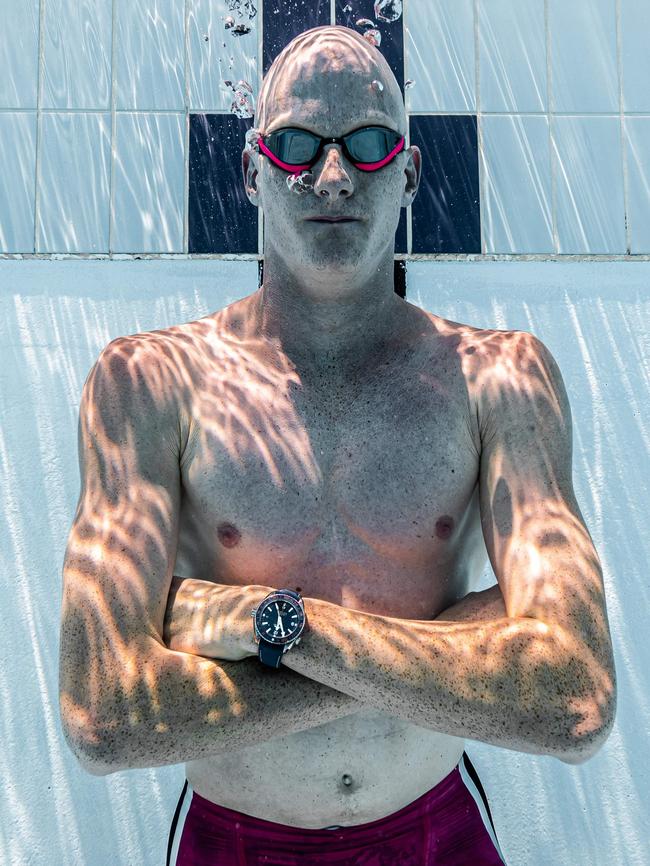

‘Invisible disability’
“One of the challenges is my disability is invisible,” said Crothers, explaining why the Paralympic movement is so important for inspiring young people with disabilities.
“I had a lot of issues and struggles growing up. I remember speaking to a lot of different
physiotherapists and experts and people who said I’d never be able to walk or be fully independent.
“Around every corner, we had all these people tell my mum and dad I wouldn’t be able to do these things.
“Mum and dad said ‘Screw these guys, we’re going to work even harder to make sure Rowan can do this and he can push himself to be independent’.”
“I struggled so much with that going through school. Kids would see me as really clumsy, not as someone with a disability.
“Growing up I never had many role models. I didn’t see a lot of people out there that I thought I could relate to because I didn’t see anyone with my kind of disability. Until I discovered the Paralympics.
“Now I’m a world champion and a Paralympian and done all these things, what motivates me to continue in sport is to be the best advocate I can be — to be the representation of invisible disability so the other little Rowans growing up don’t have to feel as isolated or alone as I did.”

Paralympics is ‘different’ to Olympics
Crothers said the Paralympics has “shifted so much into an incredibly high performance event”, but it’s important fans acknowledge its unique qualities
“I love that the public is getting around it as well,” he said.
“It’s a funny thing to be referred to as an Olympian or spoken to as ‘Rowan Crothers the Olympic gold medallist’ when I’m not. I’m a Paralympian and a Paralympic gold medallist.
“It is different, but I love that people are seeing the Olympics and Paralympics as equal.
“But I think it’s very important the Paralympics are spoken about separately because not only is it a separate competition, we stand for very similar things but also different things.
“I love that the Paralympics is so focused on creating exposure and raising awareness around disability and the incredible things people with disability can do.
“That’s what I want to really live and communicate in this year’s campaign — show the world what I can do and talk about all the amazing things people with disability can do.”
Asked how he suggests Australians should treat people with a disability, he said: “Give people time, focus on the things they can do and trust them when they say they need some help.
If all goes well, Australia could dominate the 50m and 100m freestyle at the Paralympics.
Alexa Leary is set to become a household name after her story of recovery from a horrific bike accident melted hearts at the Australian swim trials earlier this year.
She will swim the 50m and 100m freestyle in the S9 category.
Originally published as ‘It’s different’: Swim champ’s message to Aussies in golden 50-second mission




